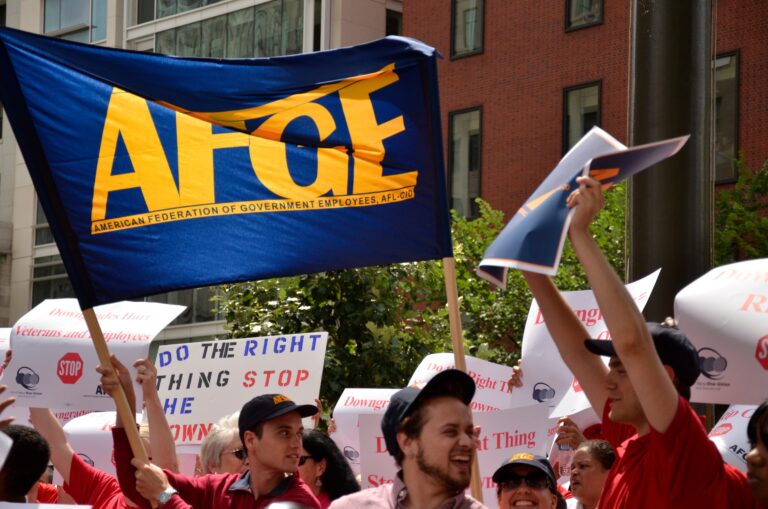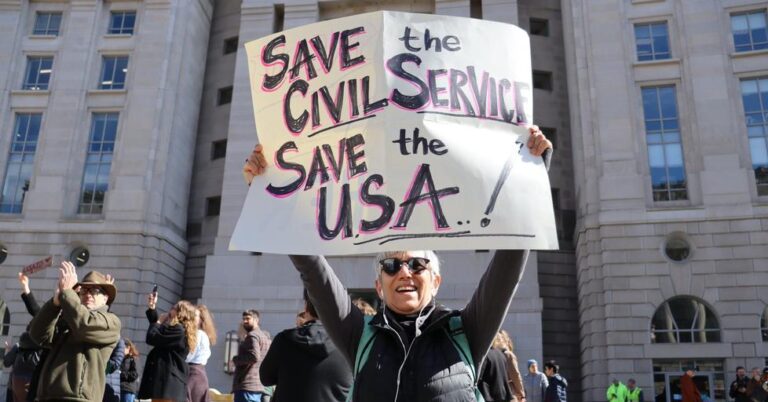New Jersey commuters are worried about the possibility of an impending strike on the part of rail workers, according to the New York Times. After months of negotiations over wages and benefits, the workers will meet with federal officials again today in hopes of securing a deal. If unsuccessful, workers could begin striking as early as March 13. Although NJ Transit Officials have promised to propose an alternative service plan, a strike could be a devastating interruption to the NJ commuters that rely on the nation’s third-busiest commuter system.
The First Circuit recently approved employers’ use of the fluctuating workweek method (FWW) “to calculate overtime pay rates even when an employee’s weekly pay varies because of performance-based commissions,” per JDSupra Business Advisor. Under the FWW, an employer factors commissions into employees’ regular workweek salary, seemingly resulting in a varying amount of fixed pay. In Lalli v. General Nutrition Centers Inc., a GNC store manager alleged that this violated the Fair labor Standards Act. Relying in part on a 2011 interpretive bulletin by the DOL, the First Circuit disagreed, affirming the lower court and holding that his salary was indeed fixed despite varying amounts of commission. This seems to indicate that performance-based commissions are in the clear under the FLSA.
JDSupra also reports that, the EEOC filed two lawsuits this week under Title VII alleging discrimination based on sexual orientation, both alleging harassment and retaliation. Although Title VII does not include text specifically protecting against sexual orientation discrimination, and Congress has failed to enact proposed amendments to this effect, the EEOC is pushing forward with the argument that sexual orientation discrimination is a form of sex discrimination. Only time will tell whether either the Western District of Pennsylvania or the Baltimore Division of the District of Maryland will buy into this argument.
The New York Times highlights an unexpected rise in unemployment claims last week. Although initial claims for the week ending on February 27 rose by 6,000 to a seasonally adjusted 278,000, the 4-week average fell to its lowest level since November. Economists will know more about the strength of the labor market upon the government’s release of February’s employment report, scheduled to occur today.
Finally, the Wall Street Journal reports that Costco plans to raise its minimum wage for the first time in nine years. Following similar moves by Wal-Mart (which increased its minimum to $10/hr) and Starbucks (which pays an average minimum of $14.95/hr), the retailer will increase its entry-level pay by $1.50 to $13/hr.






Daily News & Commentary
Start your day with our roundup of the latest labor developments. See all
December 5
Netflix set to acquire Warner Bros., Gen Z men are the most pro-union generation in history, and lawmakers introduce the “No Robot Bosses Act.”
December 4
Unionized journalists win arbitration concerning AI, Starbucks challenges two NLRB rulings in the Fifth Circuit, and Philadelphia transit workers resume contract negotiations.
December 3
The Trump administration seeks to appeal a federal judge’s order that protects the CBAs of employees within the federal workforce; the U.S. Department of Labor launches an initiative to investigate violations of the H-1B visa program; and a union files a petition to form a bargaining unit for employees at the Met.
December 2
Fourth Circuit rejects broad reading of NLRA’s managerial exception; OPM cancels reduced tuition program for federal employees; Starbucks will pay $39 million for violating New York City’s Fair Workweek law; Mamdani and Sanders join striking baristas outside a Brooklyn Starbucks.
December 1
California farmworkers defend state labor law, cities consider requiring companies to hire delivery drivers, Supreme Court takes FAA last-mile drivers case.
November 30
In today’s news and commentary, the MSPB issues its first precedential ruling since regaining a quorum; Amazon workers lead strikes and demonstrations in multiple countries; and Starbucks workers expand their indefinite strike to additional locations. Last week, the Merit Systems Protection Board (MSPB) released its first precedential decision in eight months. The MSPB had been […]